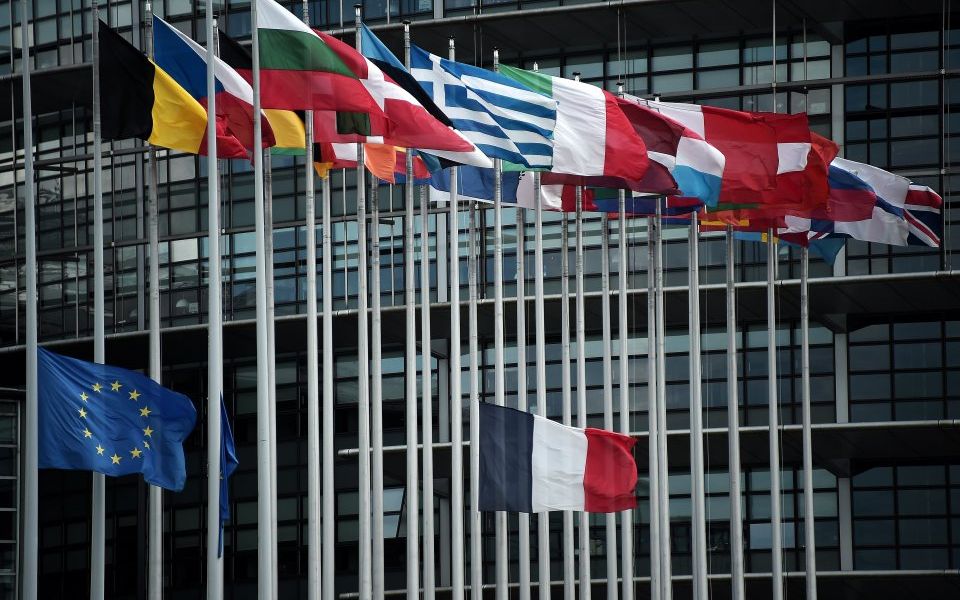European Parliament votes for controversial copyright rules

The European Parliament today voted in favour of sweeping copyright reforms that could dramatically change the fortunes of both artists and businesses.
The rules, which will force tech giants to pay for the work of artists and journalists that they use, passed by 438 votes to 226, with 39 abstentions.
MEPs voted for amendments to the original directive that force online platforms to pay creators to link to their content, even if they are only using “snippets”.
The Copyright Directive will not affect Wikipedia and open source platforms such as software code-sharing site Github.
Vice-president for the Digital Single Market, Andrus Ansip, and commissioner for the digital economy and society, Mariya Gabriel, called the vote “an essential step” to modernise copyright rules in the EU.
“Our aim for this reform is to bring tangible benefits for EU citizens, researchers, educators, writers, artists, press and cultural heritage institutions and to open up the potential for more creativity and content by clarifying the rules and making them fit for the digital world,” they said.
“At the same time, we aim to safeguard free speech and ensure that online platforms – including 7,000 European online platforms – can develop new and innovative offers and business models.”
However, critics called the vote “hugely disappointing”, with technology industry trade body Tech UK claiming it “represents a setback”.
“The proposals adopted by the European Parliament today will lead to significant additional burdens on companies seeking to serve the European market,” said Giles Derrington, Tech UK’s head of policy.
“While the aims of the Copyright Directive proposals were understandable, the method that has been adopted will not achieve the stated objectives.”
He claimed the rules would harm user experience – with Facebook required to filter content users try to post to check it meets the rules – and harm media publishers by making it harder to share online articles.
However, the EU said simply sharing hyperlinks with “individual words” to articles would not constitute copyright infringement.
Critics also fear it could detract from efforts to develop artificial intelligence technology, which relies on huge quantities of text and images to train reliable algorithms.
Edima, a trade association for digital businesses like Airbnb, Google, Apple and Facebook, called the vote “disappointing and surprising”.
“We hope that the concerns of EU citizens, and all of the academics, small publishers, startups, and the UN, that have been expressed will still be taken into account during the next stage of negotiations. We look forward to working with everyone involved in the aim of a better outcome for all” added director general Siada El Ramly.
Individual member states still need to approve the rules following the European Parliament vote before countries enshrine the measures into local laws.